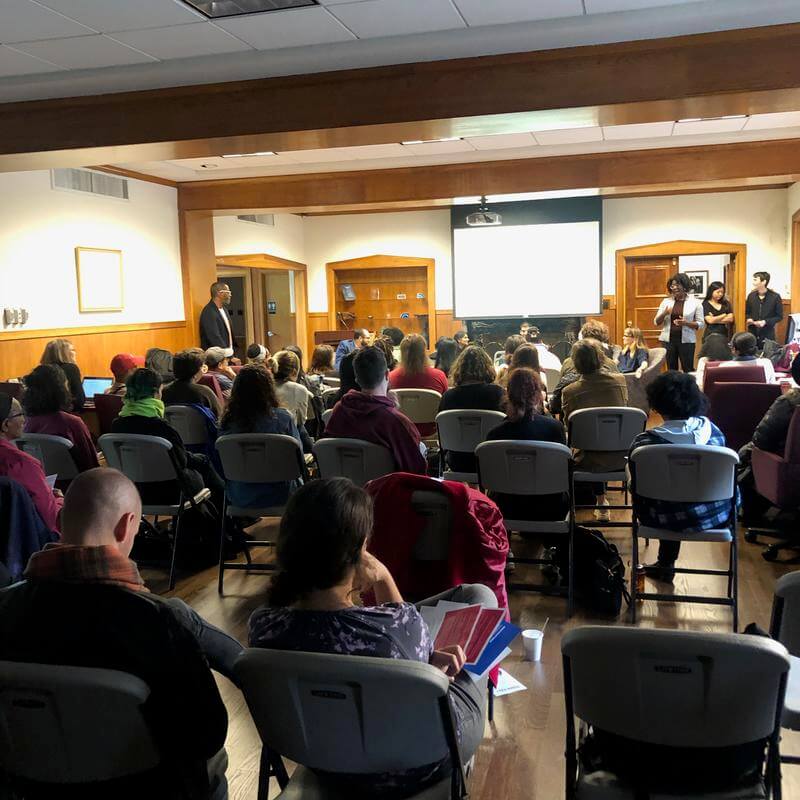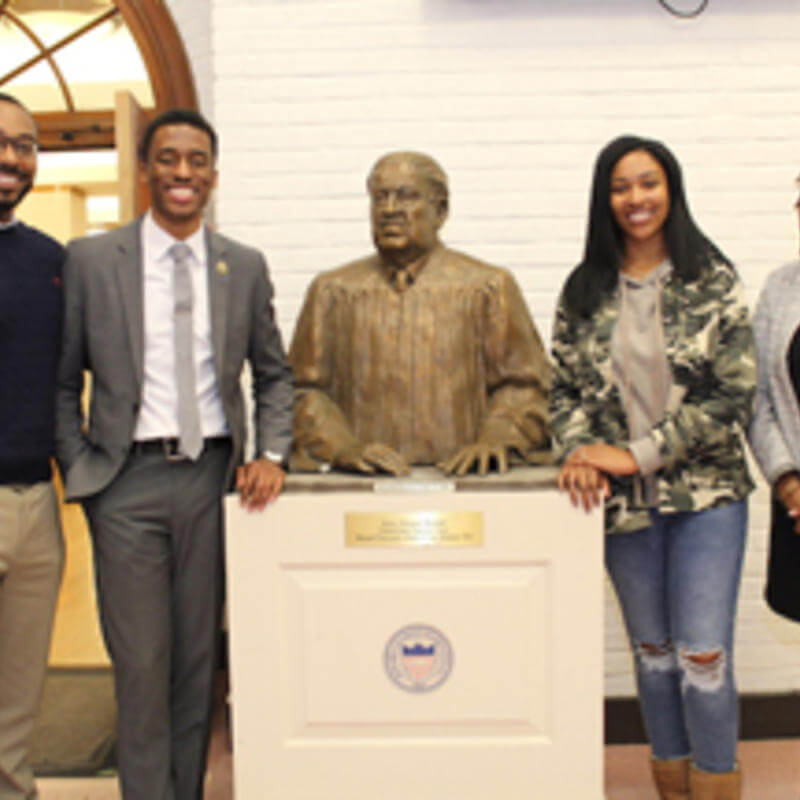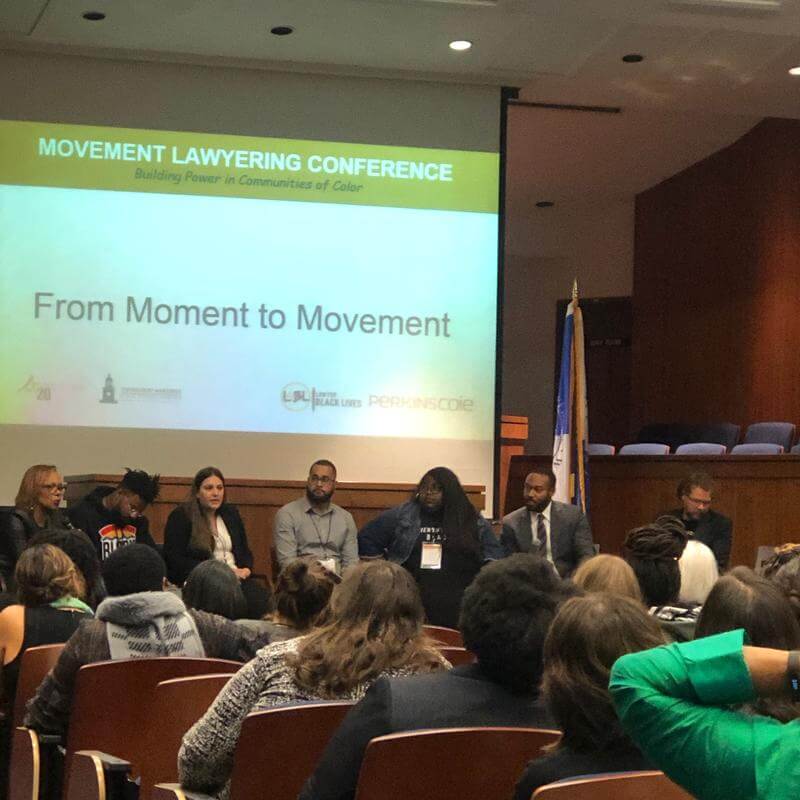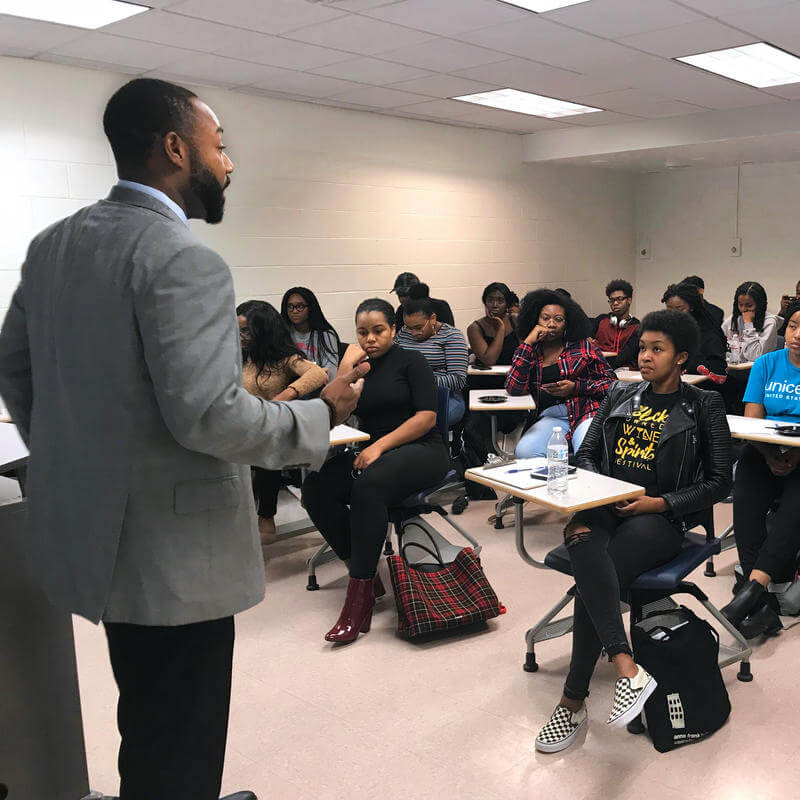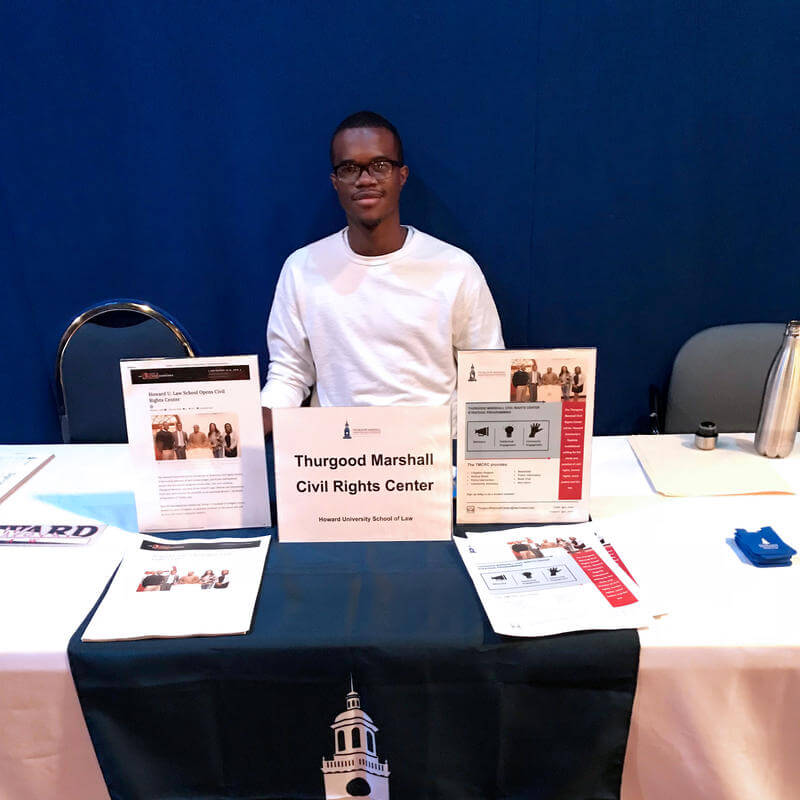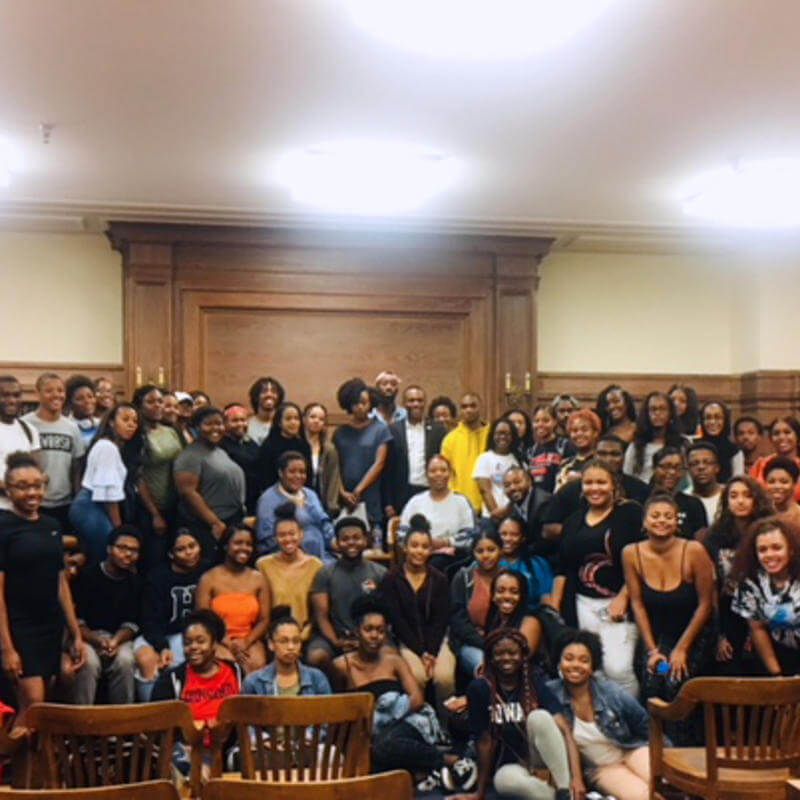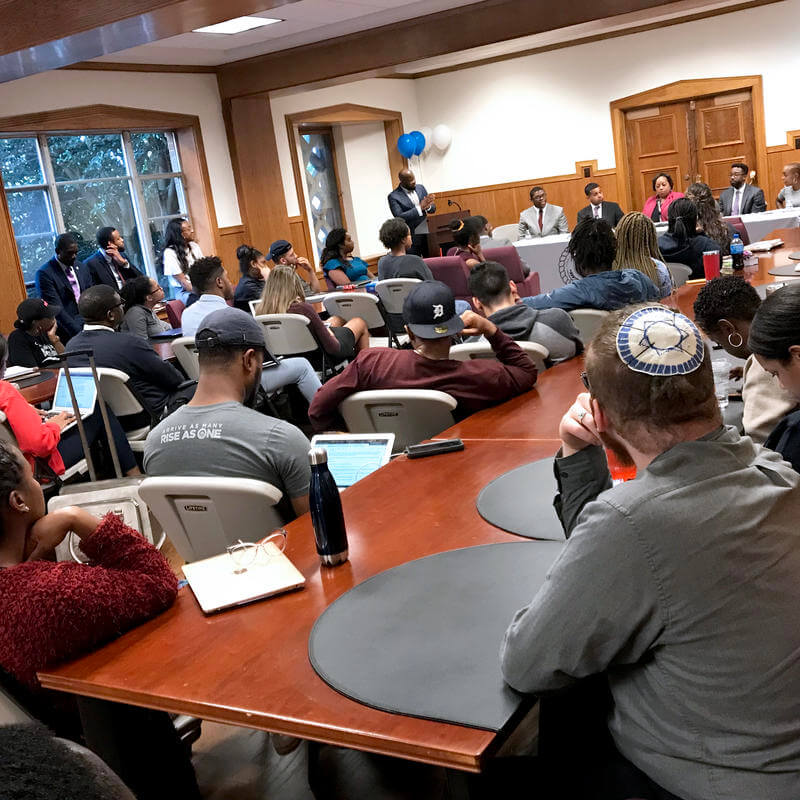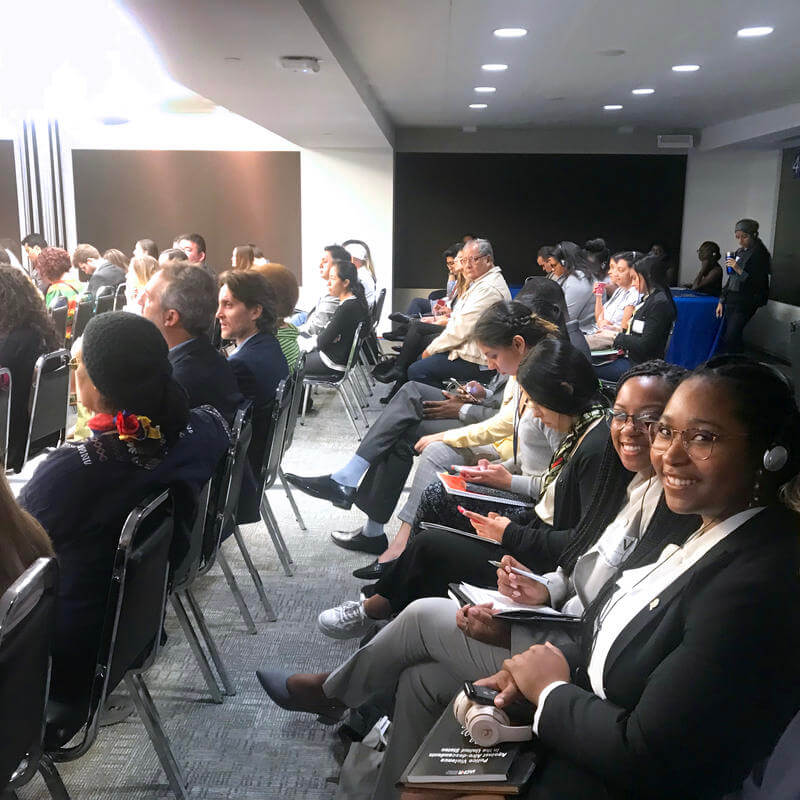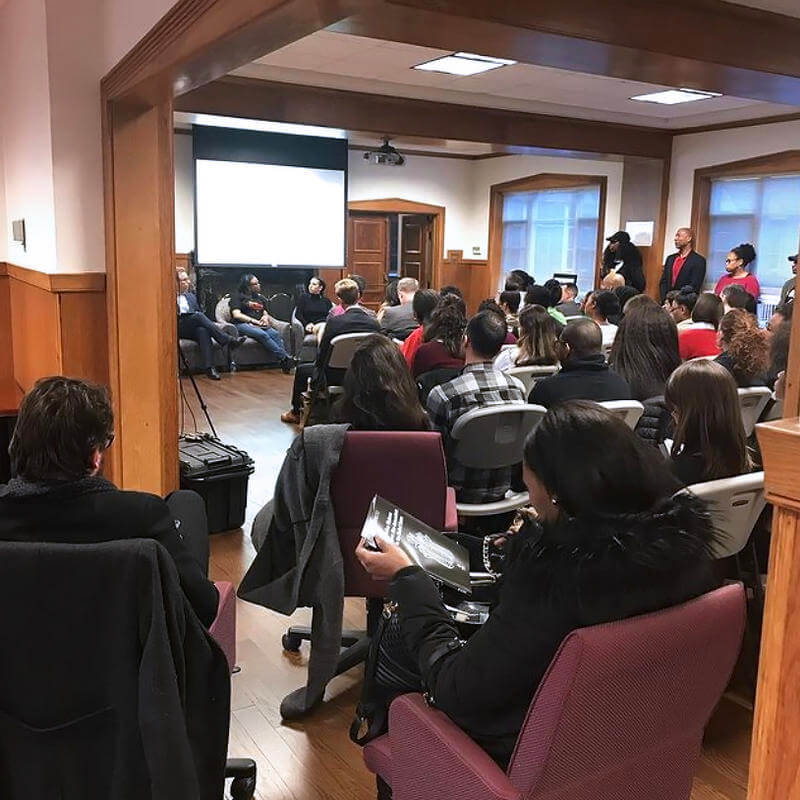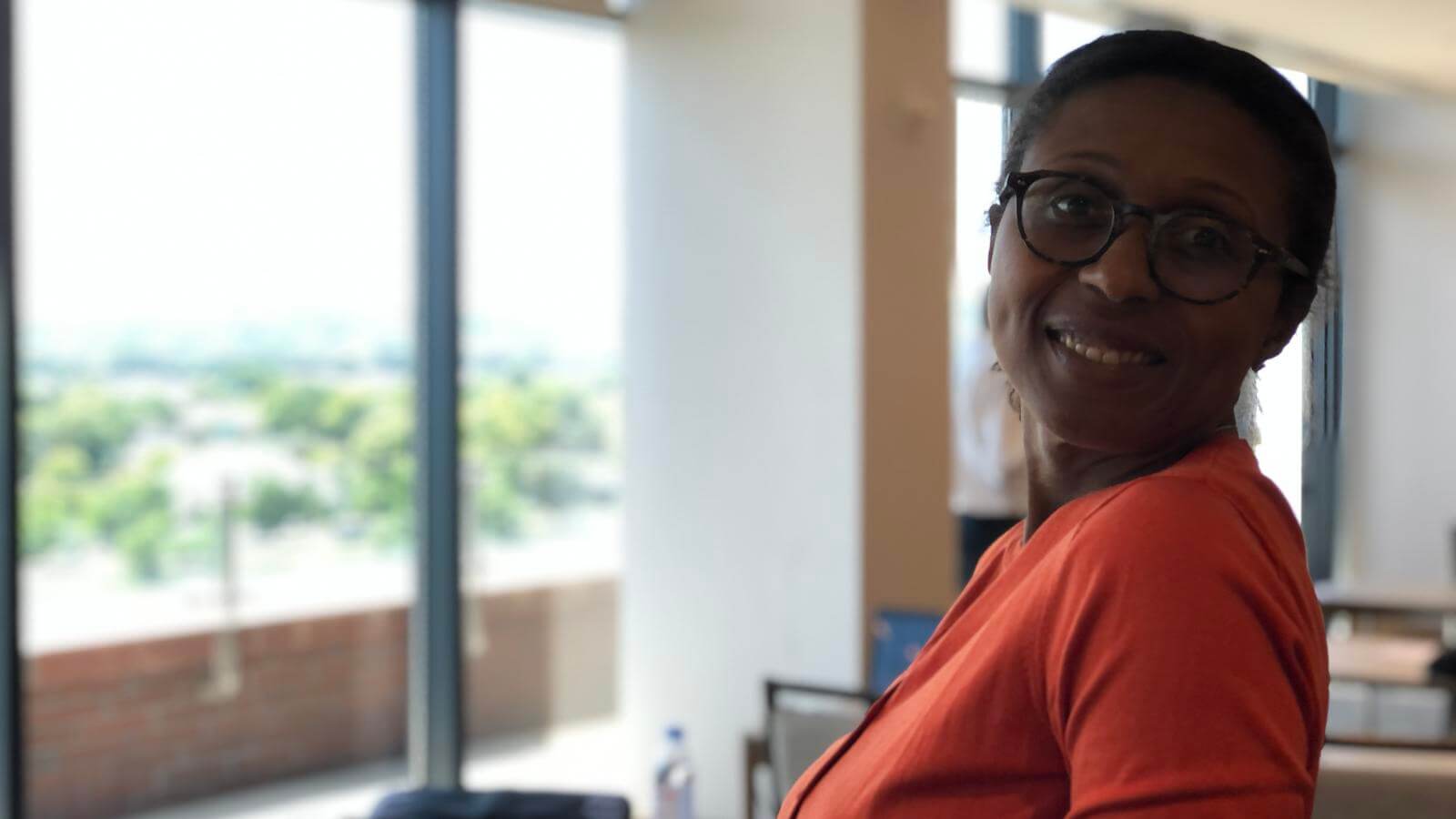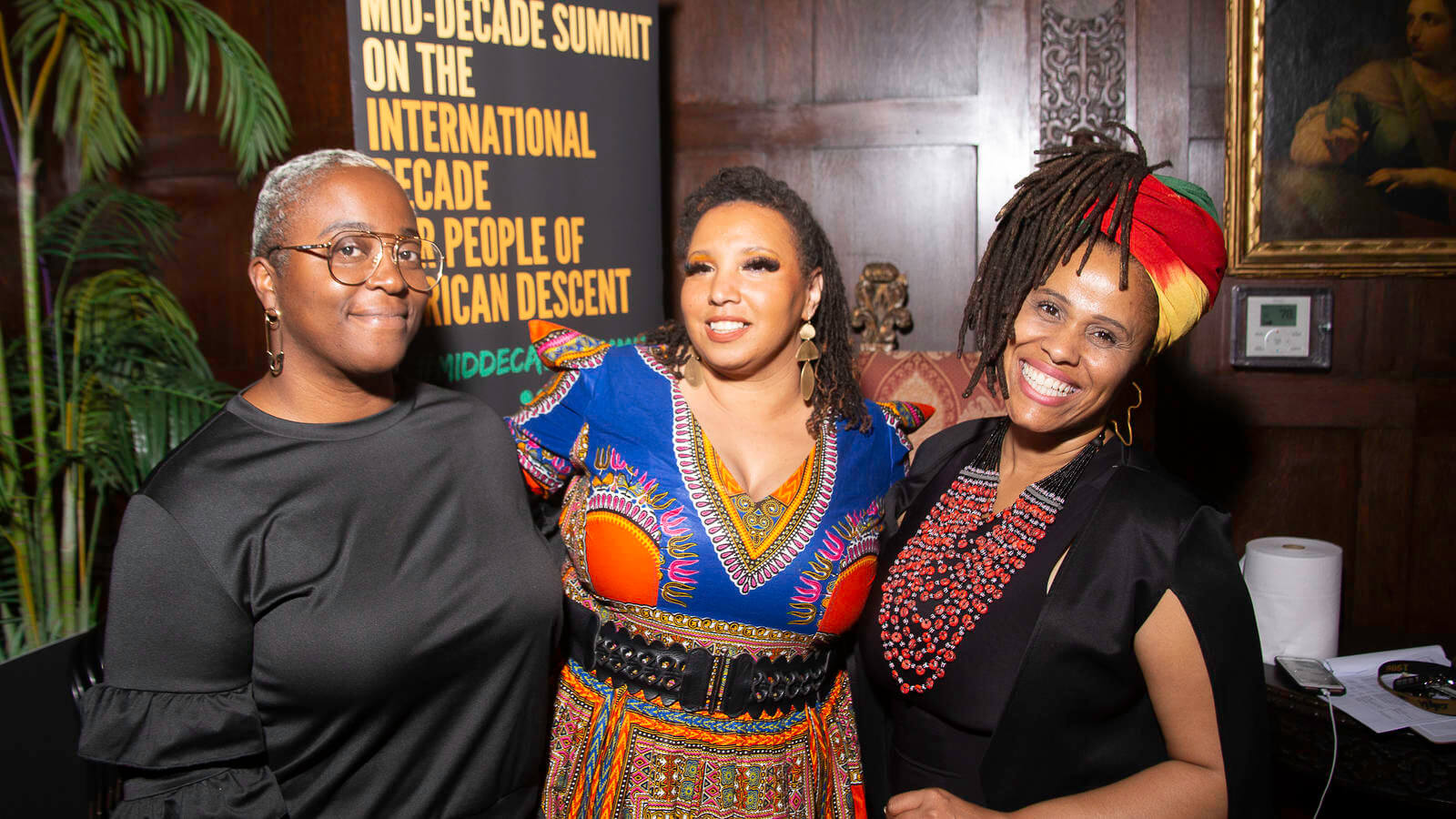Homepage
Critical Race Theory
Movement Lawyering
Human Rights
Report: Transitional Justice Mechanisms in the United States
This report, prepared by students in Howard Law Professor Darin Johnson's Spring 2023 semester of the International Criminal Law and Transitional Justice seminar, focuses on transitional justice mechanisms in the United States. The study summarizes truth and reconciliation commissions and reparations initiatives proposed or undertaken in the United States as of the date of the report.
Transitional Justice ReportReport: Reimagining Traffic Stops
Traffic stops are one of the most common ways that people encounter the U.S. legal system. And like all policing interactions, traffic stops are known to disproportionately impact communities of color. If we want to reduce — and eventually end — police violence, municipalities can begin by removing police from traffic stops.
Reimagining Traffic StopsReport: Inside Prince George's County Bond Hearings: Analysis, Findings, and Recommendations
In-person court observation have long been established as the sole method of access to public trials, supported by the First Amendment. However, the COVID-19 pandemic made court proceedings much . . .
Howard Law Movement Lawyering Clinic Work to Push PG County Courts to Continue …Read Our Past Reports
Read our reports including the End of Year Report, The Contradiction of Colorblind COVID-19 Relief, Banning the Caged Bird: Prison Book Censorship Across America, Reparations 2022 Conference Report and other publications
Read Our ReportsClasses, Clinics & Student Opportunities
From Critical Race Theory to the Movement Lawyering Clinic to the Justice Initiatives, there are opportunities for students to engage in legal scholarship for social justice.
Learn more about the Justice Initiative and other student resourcesAmicus Briefs
The Center along with students at the Movement Lawyering Clinic filed amicus curiae briefs to the Supreme Court and other judiciaries. We filed on behalf of DeRay McKesson, a BLM protester; Sundiata Acoli, a political prisoner; Marcus Mitchell, a Dakota Pipeline protester; and more.
Read Our Amicus BriefsJoin the Movement
Learn about our coalitions and campaigns for social change including the campaign to exonerate Marcus Garvey.
Learn more about the Justice for Garvey campaignLegislative Advocacy
Learn about our legal actions, filings in court, and organizing of legal representation in support of movements. For example, we helped to get the Helping Families Heal Act introduced in Congress, in collaboration with Mike Brown's mother's foundation.
Learn about recently introduced legislationHuman Rights Advocacy
Learn about our local, national, and global advocacy. For example, students in the clinic helped to present an indictment in a people's tribunal marking the 70th Anniversary of We Charge Genocide.
Learn about We Charge Genocide Tribunal 2021Reparations at the Local & Community Level
Learn about our engagement with local and community efforts towards reparations, environmental justice, ending police violence, abolishing mass incarceration and other social justice issues.
Learn more about ReparationsEngage with us through events, actions and activities
In order to effectively fight for our people we must think globally and act locally. Our events and activities provide an opportunity to make the connections.
Past events with the the United Nations & People of African DescentConnect with us on social media
Follow us on Twitter & Subscribe to our YouTube @HU_TMCRC. We are currently seeking volunteers to support our social media presence. If you want to help us get the word out, let us know!
Fill out the contact form - comment "help with social media"We seek to obtain the goal of racial justice by using a human rights framework and a social movement centered approach. We use our heads, our hands, and our hearts to make a difference:
- HEAD: engaged research when fighting the battle of ideas in the ivory tower;
- HANDS: movement lawyering when fighting for our rights in the courts, the Congress, and other halls of power; and
- HEARTS: community organizing when fighting to build power in the communities where our people live out their lives.
With commitments in the ivory tower, courthouse, Congress, and the community, we hope to serve as a connector that bring out the best in both worlds, all in the service of the movement.
Civil Rights, Human Rights, Justice
We believe that:
- Real, lasting social change requires collaboration between law, organizing, and research in service of community-led movements.
- In order to effectively fight for our people we must think globally and act locally.
- All communities should be freed from the systemic racism that undermines freedom and equal justice in our country.

